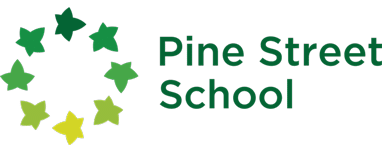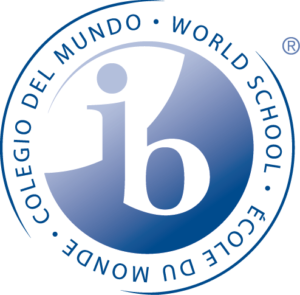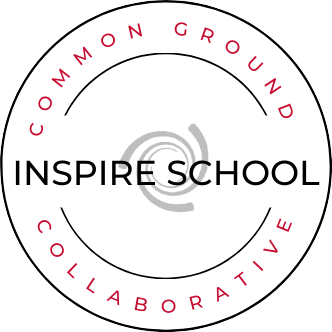Curriculum Overview
We believe that every child is born a perfect learner. With enthusiastic curiosity, a tireless desire to problem solve, and a fearless interest in new experiences. Our job as a school is to nourish those innate qualities by keeping stride with resources, opportunities, models and challenges that encourage that instinctive desire to understand, grow and contribute.
But no learner lives in a vacuum. The world moves and morphs with increasing pace. So, it is also our responsibility as a school to look around and ahead, so that we are always aware of what the world will ask of our learners, what opportunities they are likely to find for expressing their particular interests and strengths, and what challenges they will face.
Our Nursery-8th Grade academic program is designed around these understandings, along with the fervent belief that learners should have a voice in their own learning and be invited and expected to reflect on their growth and increasingly make thoughtful decisions about their direction and priorities.
We call this Student Agency, and it is fundamental to our school culture.
Our Academics
There are two important elements to our academic program: student engagement and a fully integrated approach to curriculum.
When learning is engaging, it is naturally rigorous. The learner always seeks a greater challenge. No one likes to be bored. So your child does not need to be “pushed” to achieve academic rigor. The learning experience needs to engage your child fully.
In life, no subject sits in a silo. There is no experience, personal or professional, that draws only on one set of skills. And what makes life interesting is the interconnectedness of things. The interplay of math and science, language and history, art and technology. We are born naturally inquisitive, but we are not born with a clear sense of how things are connected. A great school reveals those connections and adds depth and dimension to each academic subject. This does not mean we forgo key skill development. Of course, everyone must learn reading, writing and numeracy. But they do not need to be learned in isolation.
Academics without relevancy won’t stick. Do you remember groaning in school and asking “Why do I need to know this?” You were right. The content was probably sterilized. Removed from real life. Taught in isolation without any connection to authentic application. A school that wants to engage must root learning in applied ways. Doing so extends the learning beyond the school and encourages learners to see academics in real life everywhere they look.
At Pine Street School, we integrate academics fully into everything we do. We call this “transdisciplinary” learning. Everything is connected. Subjects are taught in a transdisciplinary approach, which means that we make sure learners constantly see the connections among all academic subjects and we make sure that all learning is relevant to the real and present world.
Here is a breakout of our academic program components:
Basic Skills
We care deeply about developing basic skills like reading, writing and numeracy. These are the foundations upon which all other learning is built.
Learners deserve better than worksheets and other one-dimensional tools. Plus, these simply will not properly prepare future changemakers. We embed basic skill development in a meaning-rich, relevant and multidimensional unit of inquiry.
Learning is inherently exciting. Our job is to preserve that in everything the learner does.
Montessori and IB - PYP
We start our program with Preschool Twos (Nursery) and Preschool Threes by using Montessori and IB PYP (International Baccalaureate / Primary Years Program) combined to build fundamental understandings and most importantly, skills of independence, inquiry and collaboration. We add a dose of Reggio Emilia to imbue the learning with art and creative expression.
As students evolve from Preschool to Elementary, they move into a full PYP program where they are expected to become active participants in their own learning.
Throughout Preschool and Elementary, we use the PYP as the framework for our curriculum, with teachers creating learning tasks where students actively explore concepts and connections through the lens of different subject areas. Students are encouraged to question, to reflect and to take action on their learning.
Through the PYP, students develop critical thinking and communication skills, confidence, self-management, social skills and other attitudes and skills needed to succeed.



